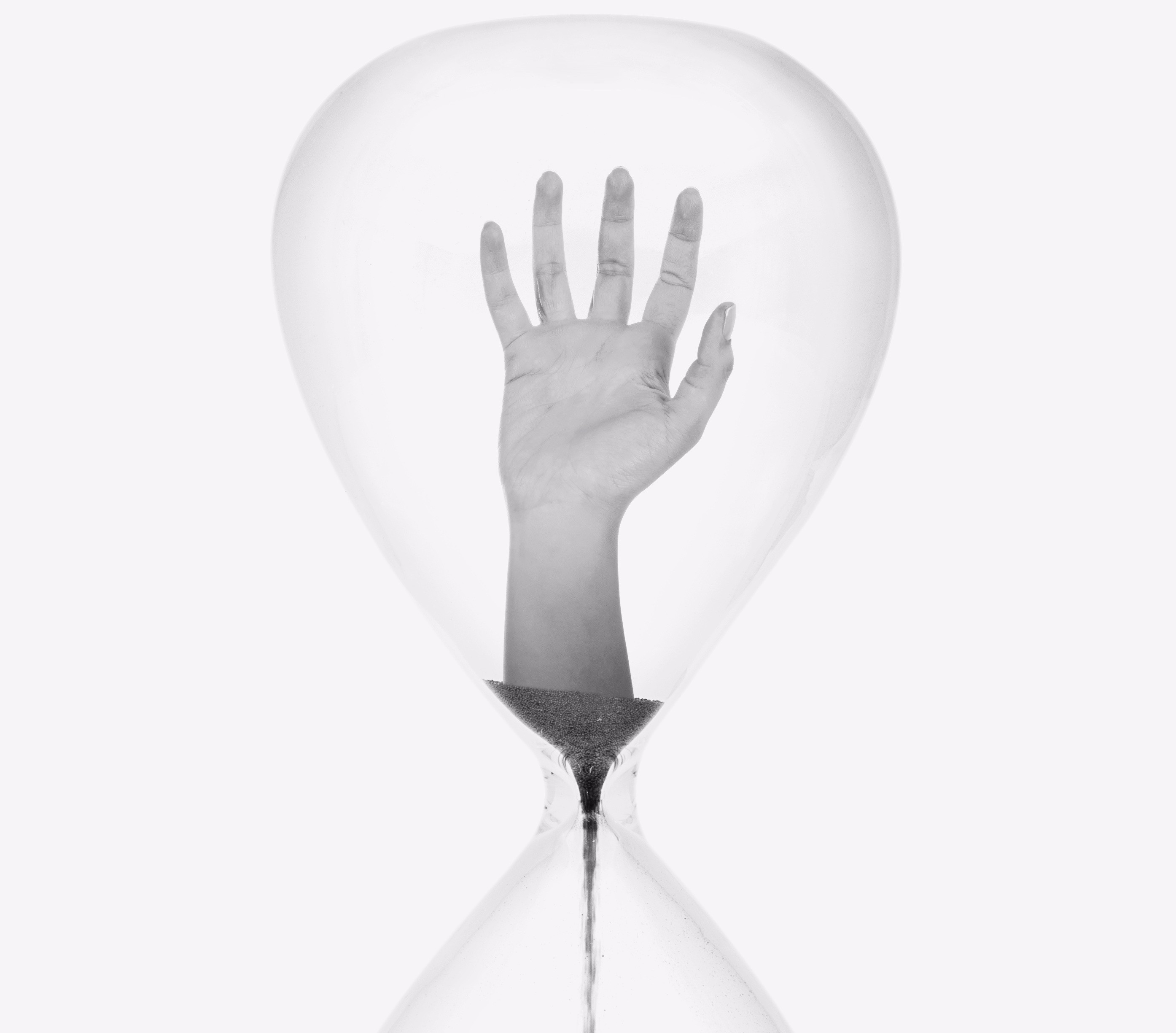Ticking clocks. Countdowns. “ACT NOW!” and “HURRY, WHILE STOCKS LAST!” slogans. Key tools in the marketer’s arsenal, found plastered across virtual and literal marketplaces the world over. But such things are no longer the sole remit of the marketers; they are also found in more sinister places – in ransom demands.
When a deadline is imposed on a consumer, worker, victim or population, it creates a sense of urgency. And urgency is one of the greatest motivators known to humankind.
Using “urgency” marketing
When we don’t have time to think (or believe that we don’t), we are more likely to act impulsively and most often in a negative way (Cyders & Smith, 2008). In other words, we are more likely to make a snap decision that is likely to later be to our detriment – such as paying a ransom outright and being met with more demands, or making a huge purchase of an item we later don’t value. ‘Urgency motivates response’ is a key principle of human psychology, sitting at the centre of our Fight vs Flight response and the mental responses to panic and fear. Marketers use this principle to play on our fear of missing out (or the ‘principle of scarcity’ – that when we think we can’t have something, we want it more), saying that if we don’t, for example, “order by Friday”, we will miss the opportunity to have something, visit somewhere or join something. Likewise, ransom seekers use deadlines to ignite a crippling sense of urgency in their victims, motivating a response out of the fear we may not have something returned to us. Consider a furniture or technology advert: big value items being put on sale “only until Friday” or “until stocks last”. You may think you need the item, or may be panicked into buying it in the sale and thus fail to properly evaluate the purchase, the item, its true value or your budget. Your desire to escape the feeling of missing out has been held to ransom. Now, consider a proposed deal at work: are you more or less likely to make a decision when under the pressure of a deadline? Wanting to feel as though you own a decision may push you to make a call you aren’t ready for. Finally, consider ransomware hacking: parts of your business or even life are being held to ransom. What will you do in the rush to get them back?
Does this mean marketers are actually ransom seekers? In theory, perhaps. When faced with any situation of urgency, motivated by good things or bad things, humans exhibit the same physiological response: heart rate rises and decision times shorten (Jones et al 2011). Our bodies are relatively incapable of distinguishing between the good kind of pressure, and the bad kind. Something to think about next time you rush out to buy a “limited edition” product, or plan a shopping trip in the sales.
How should we react to urgency? One thing marketers, salespeople, deal brokers and hostage negotiators all agree on is that the following advice always applies to those with a sense of urgency:
- Consider whether the consequences of not hitting the deadline are real – will you actually lose out?
- Consider whether you will receive the promised pay off – do you trust that you 100% receive the service or product you have been promised?
- Consider any alternative options that may be open to you.
- Take time – NEVER rush the decision, no matter the deadline. As the old saying goes, “Act in haste, repent at leisure“.
What do you think of urgency? Is there a difference between ‘urgency’ and ‘pressure’? Do you think urgency affects your decisions in life? In work? Let us know in the Comments section…

